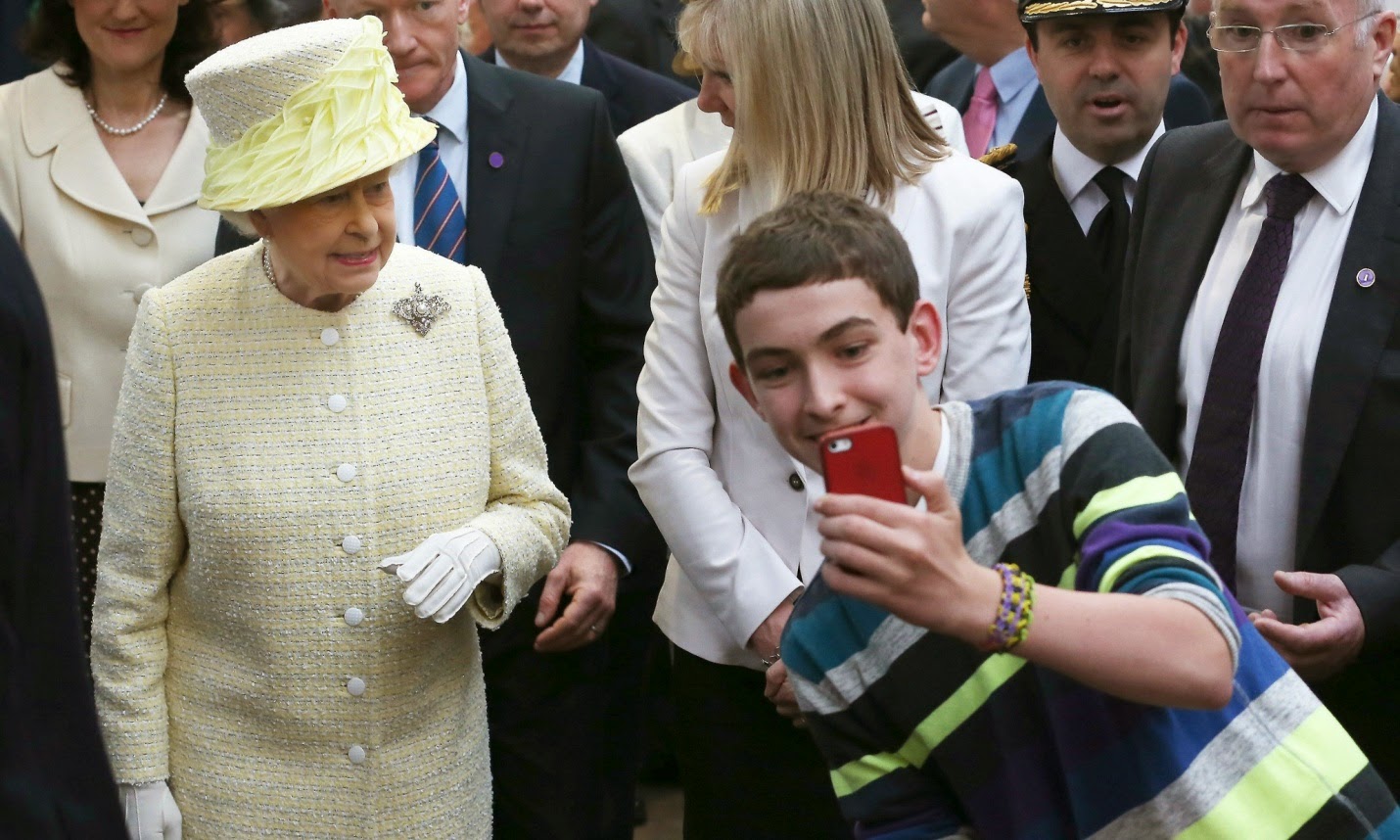Our social networks have a banality problem. The cultural premium now placed on recording and broadcasting one’s life and accomplishments means that Facebook timelines are suffused with postings about meals, workouts, the weather, recent purchases, funny advertisements, the milestones of people three degrees removed from you. On Instagram, one encounters a parade of the same carefully distressed portraits, well-plated dishes and sunsets gilded with smog. Nuance, difference, and complexity evaporate as one scrolls through these endless feeds, vaguely hoping to find something new or important but mostly resigned to variations on familiar themes.
 In a digital landscape built on attention and visibility, what matters is not so much the content of your updates but their existing at all. They must be there. Social broadcasts are not communications; they are records of existence and accumulating metadata. Rob Horning, an editor at the New Inquiry, once put it in tautological terms: “The point of being on social media is to produce and amass evidence of being on social media.” This is further complicated by the fact that the feed is always refreshing. Someone is always updating more often or rising to the top by virtue of retweets, reshares, or some opaque algorithmic calculation. In the ever-cresting tsunami of data, you are always out to sea, looking at the waves washing ashore. As the artist Fatima Al Qadiri has said: “There’s no such thing at the most recent update. It immediately becomes obsolete.”
In a digital landscape built on attention and visibility, what matters is not so much the content of your updates but their existing at all. They must be there. Social broadcasts are not communications; they are records of existence and accumulating metadata. Rob Horning, an editor at the New Inquiry, once put it in tautological terms: “The point of being on social media is to produce and amass evidence of being on social media.” This is further complicated by the fact that the feed is always refreshing. Someone is always updating more often or rising to the top by virtue of retweets, reshares, or some opaque algorithmic calculation. In the ever-cresting tsunami of data, you are always out to sea, looking at the waves washing ashore. As the artist Fatima Al Qadiri has said: “There’s no such thing at the most recent update. It immediately becomes obsolete.”Why, then, do we do it? If it’s so easy to become cynical about social media, to see amid the occasionally illuminating exchanges or the harvesting of interesting links (which themselves come in bunches, in great indigestible numbers of browser tabs) that we are part of an unconquerable system, why go on? One answer is that it is a byproduct of the network effect: the more people who are part of a network, the more one’s experience can seem impoverished by being left out. Everyone else is doing it. A billion people on Facebook, hundreds of millions scattered between these other networks – who wants to be on the outside? Who wants to miss a birthday, a friend’s big news, a chance to sign up for Spotify, or the latest bit of juicy social intelligence? And once you’ve joined, the updates begin to flow, the small endorphin boosts of likes and re-pins becoming the meagre rewards for all that work. The feeling of disappointment embedded in each gesture, the sense of “Is this it?”, only advances the process, compelling us to continue sharing and participating.
The achievement of social-media evangelists is to make this urge – the urge to share simply so that others might know you are there, that you are doing this thing, that you are with this person – second nature. This is society’s great phenomenological shift, which, over the last decade, has occurred almost without notice. Now anyone who opts out, or who feels uncomfortable about their participation, begins to feel retrograde, Luddite, uncool. Interiority begins to feel like a prison. The very process of thinking takes on a kind of trajectory: how can this idea be projected outward, towards others? If I have a witty or profound thought and I don’t tweet or Facebook it, have I somehow failed? Is that bon mot now diminished, not quite as good or meaningful as it would be if laid bare for the public? And if people don’t respond – retweet, like, favourite – have I boomeranged back again, committing the greater failure of sharing something not worth sharing in the first place? After all, to be uninteresting is a cardinal sin in the social-media age. To say “He’s bad at Twitter” is like saying that someone fails to entertain; he won’t be invited back for dinner.
In this environment, interiority, privacy, reserve, introspection – all those inward-looking, quieter elements of consciousness – begin to seem insincere. Sharing is sincerity. Removing the mediating elements of thought becomes a mark of authenticity, because it allows you to be more uninhibited in your sharing. Don’t think, just post it. “Pics or it didn’t happen” – that is the populist mantra of the social networking age. Show us what you did, so that we may believe and validate it.
by Jacob Silverman, The Guardian | Read more:
Image: Peter Macdiarmid/PA